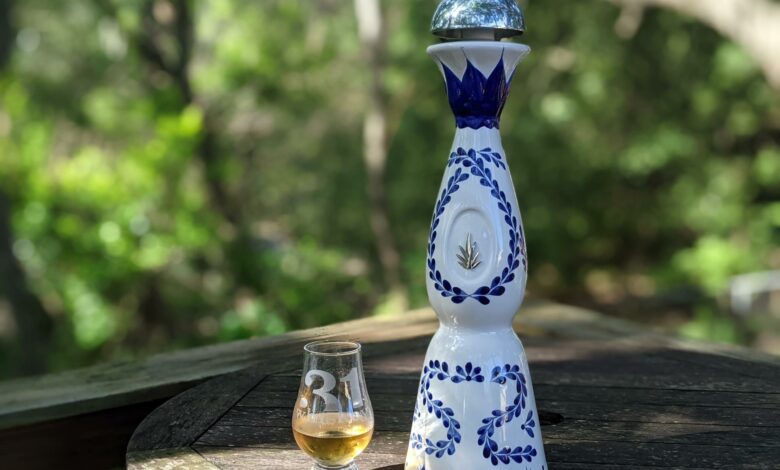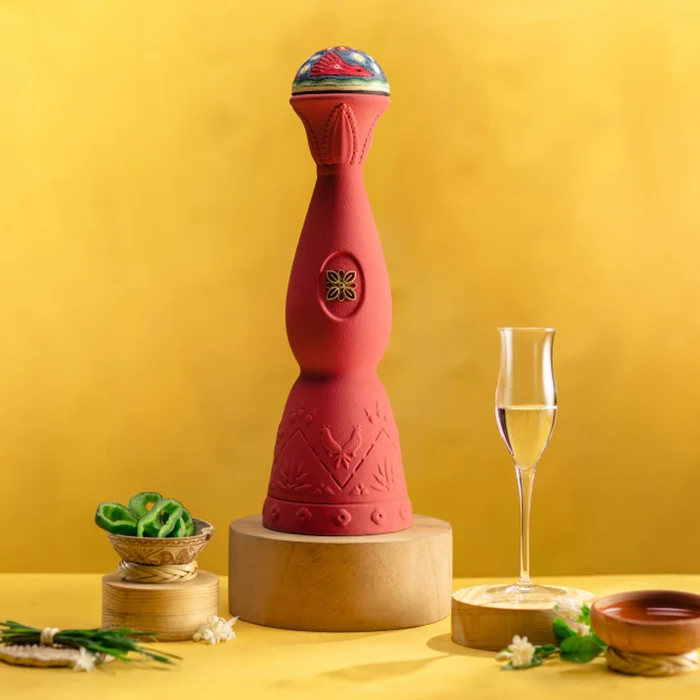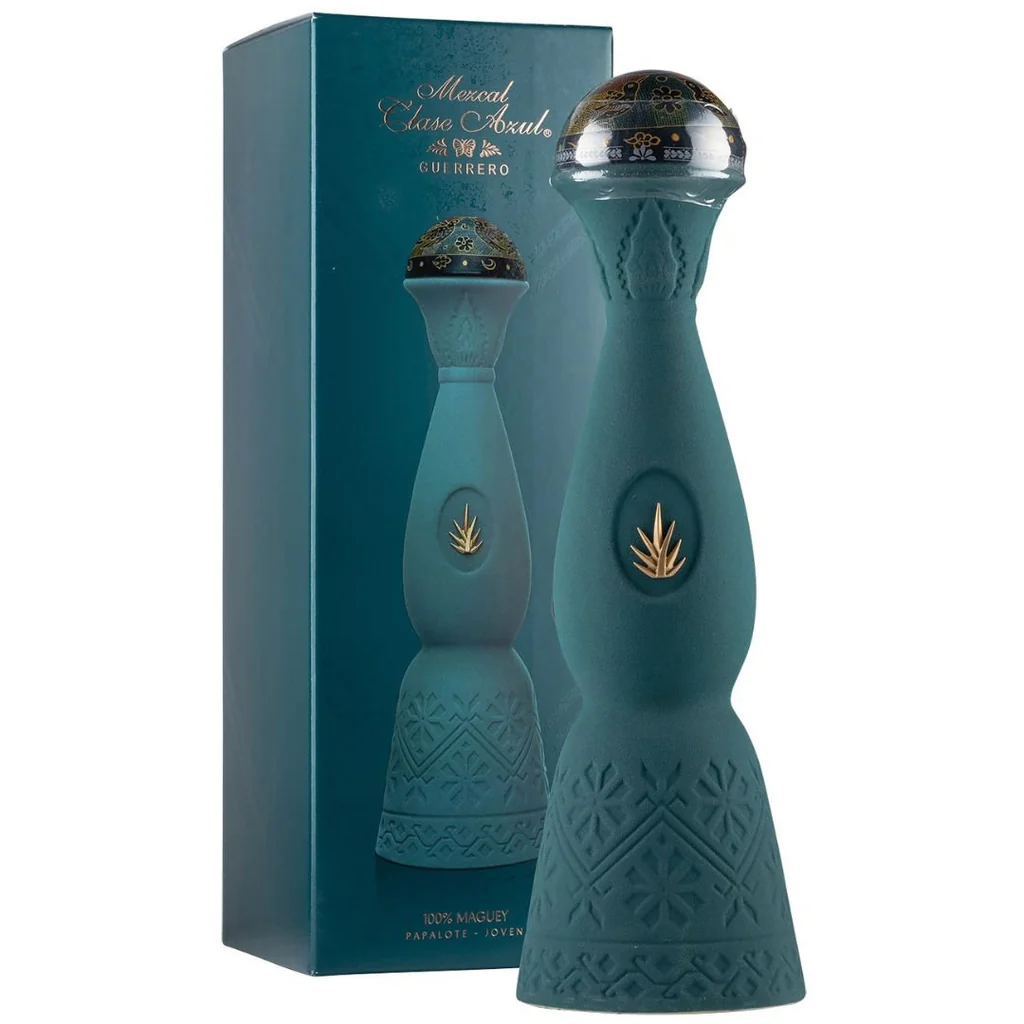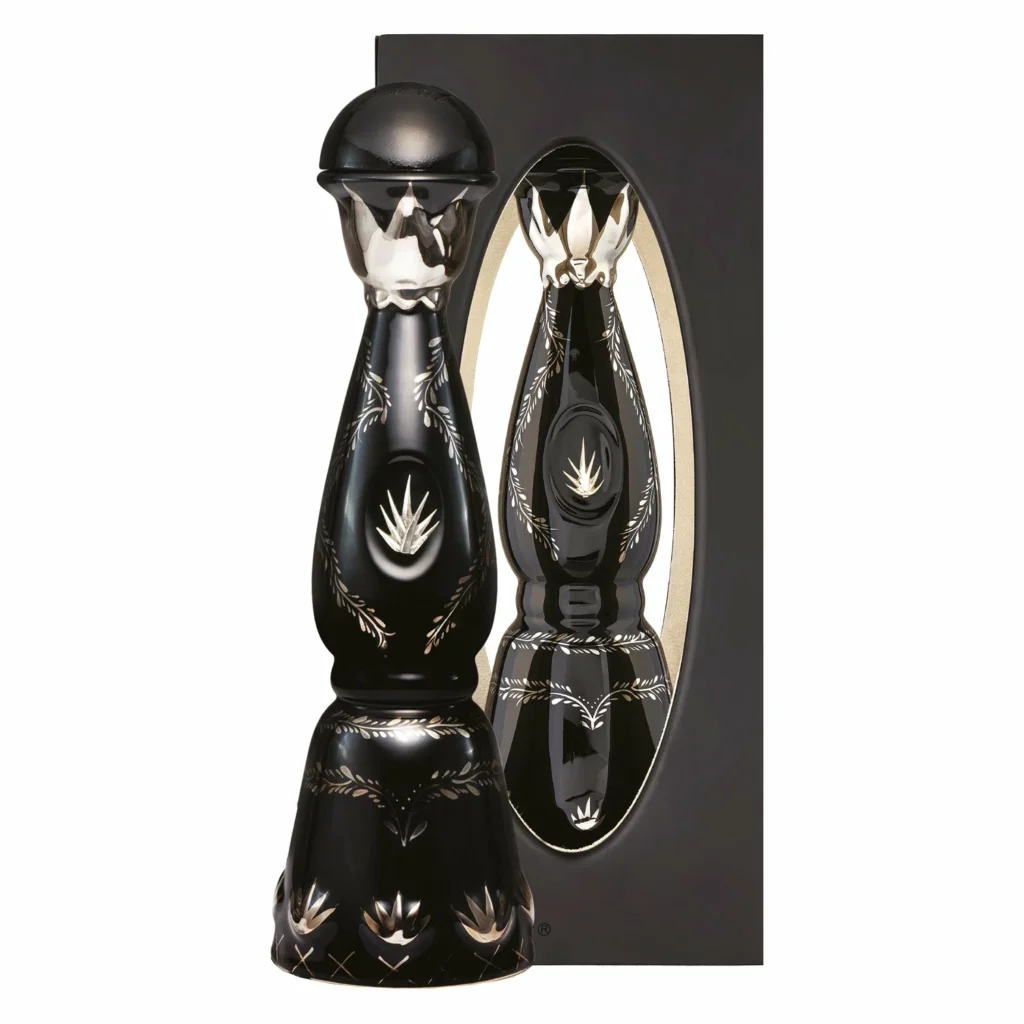Clase Azul’s Rise to Global Prestige: Crafting Tequila with Art

Clase Azul’s Rise to Global Prestige: Crafting Tequila with Art. When Arturo Lomelí founded Clase Azul in 1997, tequila was still largely seen as a party spirit. The market was crowded with brands racing to outdo each other on volume and price. But Lomelí saw an opportunity in doing the opposite—slowing down, refining the process, and turning tequila into an object of desire. Today, Clase Azul is one of the most recognized luxury tequila brands in the world, not just for its taste, but for its artistry, heritage, and uncompromising standards.
Foundations of Craft and Culture
Clase Azul’s journey began not with deep pockets, but with deep purpose. Arturo Lomelí, who grew up in Guadalajara, started with a flavored tequila liqueur that failed to take off. Rather than quitting, he took a step back, studied business and marketing, and returned with a more mature vision: to create a premium tequila brand that celebrated Mexican culture in every detail.
The name “Clase Azul” (Spanish for “Blue Class”) symbolized elegance and authenticity. But it wasn’t just the spirit inside the bottle that would set the brand apart. The decanters—hand-sculpted and hand-painted ceramic bottles made by artisans in the town of Santa María Canchesdá—would become a signature. These bottles, each taking two weeks to produce, transformed Clase Azul from a tequila brand into a collectible luxury item.

Turning Bottles into Icons
Clase Azul’s first major turning point came not from advertising but from presentation. In a market where packaging was often secondary, the brand made its bottle the centerpiece. This wasn’t simply for aesthetics; it was a strategic statement that Clase Azul was more than tequila—it was a piece of Mexican heritage.
By investing in artisanal craftsmanship, Lomelí created a product that carried both tangible and emotional value. This decision also allowed Clase Azul to command a premium price point. Rather than competing with mass-market brands, it stood beside luxury spirits like Louis XIII cognac and Macallan single malts.
Strategic Marketing Meets Storytelling
Rather than relying on traditional celebrity endorsements or flashy commercials, Clase Azul leaned into cultural storytelling. The brand focused on experiential marketing—exclusive tastings, art exhibits, and collaborations with chefs and designers who shared its passion for craftsmanship. Each campaign highlighted the hands and hearts behind the product, elevating perception and building trust.
Clase Azul also expanded into travel retail and high-end hospitality. By aligning with luxury hotels, Michelin-starred restaurants, and airport boutiques, the brand maintained tight control over its image while reaching global customers in premium environments.

Growth Without Losing Identity
One of the most impressive aspects of Clase Azul’s evolution has been its ability to scale without sacrificing soul. As demand grew internationally, the brand remained fiercely committed to its artisanal roots. Every bottle is still made by hand, and the company employs hundreds of artisans in Jalisco.
In 2021, Clase Azul took another major step by becoming an independent spirits company under the name Clase Azul Mexico, which now encompasses both tequila and mezcal lines, as well as hospitality experiences like the Clase Azul La Terraza in Los Cabos. This expansion was not just commercial; it was cultural. The space includes a boutique, restaurant, bar, and art gallery—a physical embodiment of the brand’s values.
Overcoming Challenges Through Vision
Building a high-end tequila brand from scratch wasn’t easy. Lomelí faced skepticism from investors and distributors who doubted that consumers would pay hundreds of dollars for tequila. The artisanal process was time-consuming and expensive, and the initial lack of distribution channels made growth difficult.
Yet Lomelí stayed the course. His patience paid off as word-of-mouth and targeted exposure gradually positioned Clase Azul as a status symbol. By choosing depth over speed, and meaning over mass appeal, he created enduring brand equity.

Actionable Insights for Entrepreneurs
- Build Meaning Into the Product: Clase Azul’s success is rooted in authenticity and craftsmanship. Entrepreneurs should think beyond functionality and consider the emotional story their product tells.
- Create an Icon: The brand’s distinctive bottle helped it stand out. Design can be a powerful tool for positioning and memorability.
- Grow Without Compromise: Scaling a brand doesn’t require abandoning values. Maintaining artisanal methods reinforced Clase Azul’s luxury image.
- Be Patient, Be Bold: Success didn’t come quickly. Staying true to the long-term vision gave Clase Azul the time and space to grow on its own terms.
Conclusion
Clase Azul’s rise from a failed liqueur to a globally recognized luxury tequila brand is a story of reinvention, cultural pride, and strategic patience. It proves that when a product is built with soul, marketed with care, and scaled with purpose, it can transcend categories and redefine entire markets. For any entrepreneur, it’s a reminder that building something timeless means never cutting corners on what matters most.



